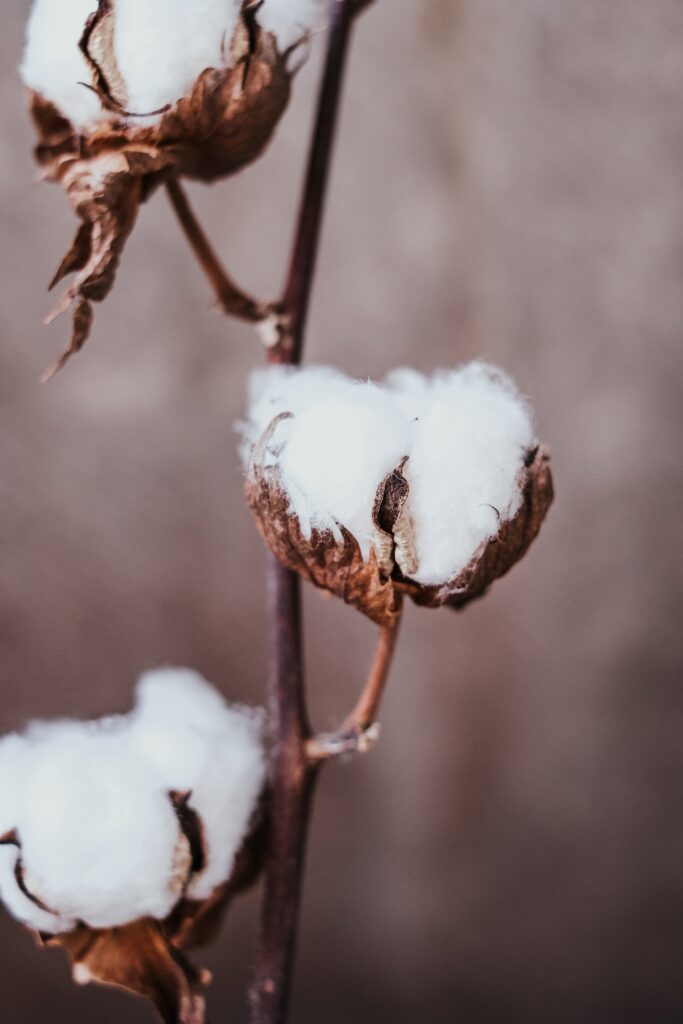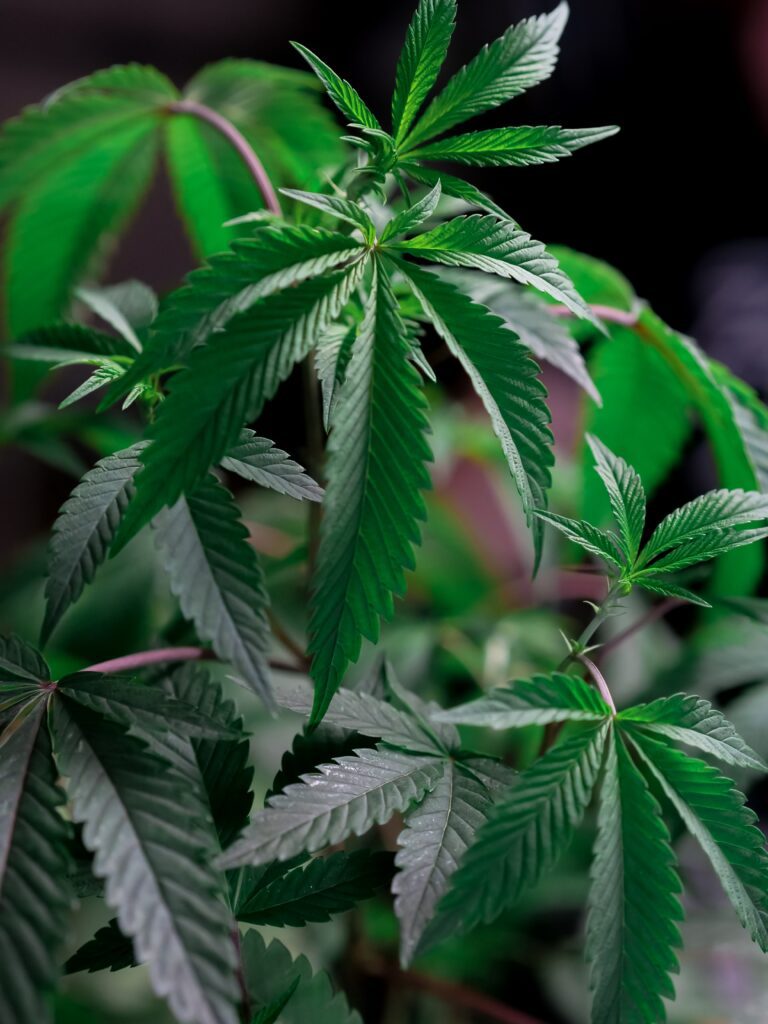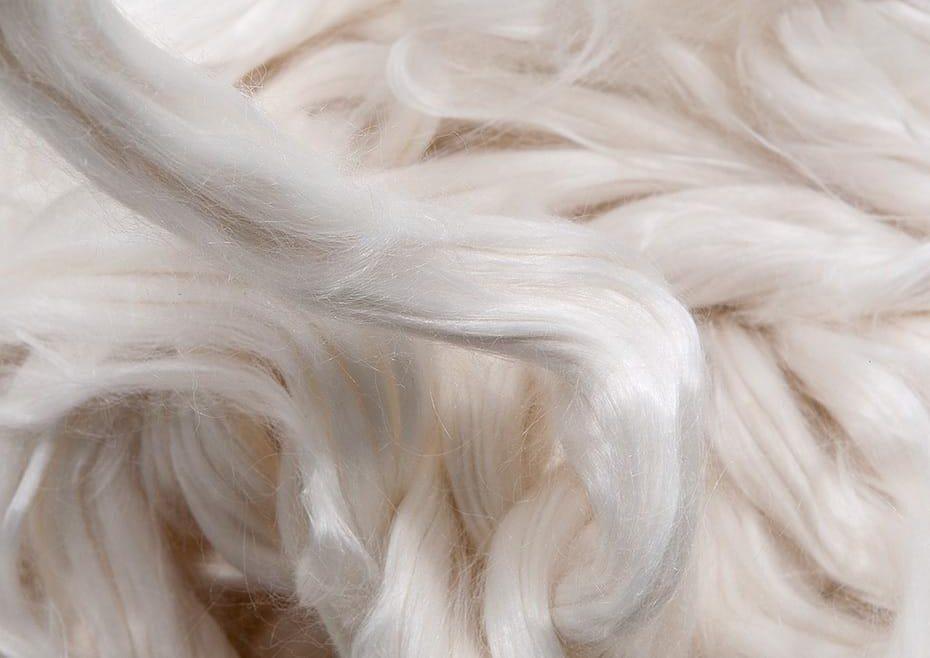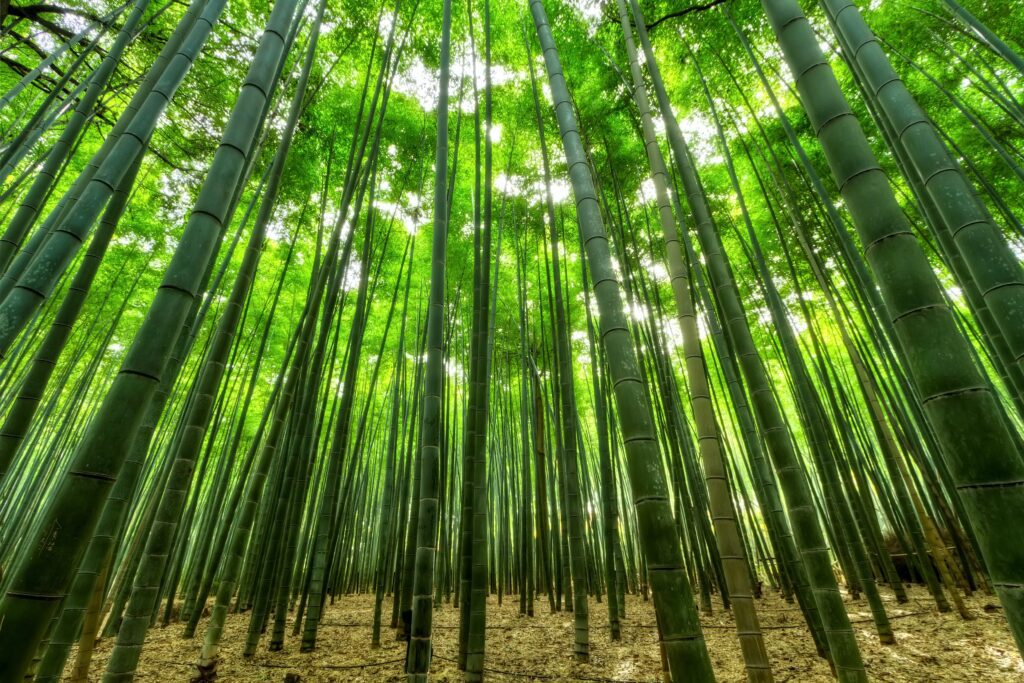As awareness grows regarding the environmental and health concerns associated with polyester, individuals are increasingly seeking sustainable alternatives in their clothing choices. In this blog post, we’ll explore natural fiber alternatives to polyester, offering eco-friendly options that not only benefit the planet but are also healthier for you!

Cotton: The Timeless Classic
Cotton stands out as one of the most widely used natural fibers, renowned for its breathability and versatility. Its soft texture makes it a favorite for various clothing items, from t-shirts to denim. Opting for organic cotton ensures that the cultivation process is free from harmful pesticides and chemicals, promoting a healthier environment and a safer product for both consumers and farmers.
Linen: The Cool and Crisp Choice
Linen, derived from the flax plant, is a natural fiber celebrated for its breathability and natural cooling properties. Ideal for warm climates, linen garments have a distinct texture that softens over time. Linen production requires fewer pesticides and water compared to conventional cotton, making it an environmentally friendly option for those seeking sustainable fashion.


Hemp: Earth-Friendly and Durable
Hemp fabric, made from the fibers of the hemp plant, is gaining popularity as an eco-friendly alternative to polyester. Known for its durability, hemp clothing tends to last longer than many synthetic materials. Hemp cultivation requires minimal water and no pesticides, making it a sustainable choice with a lower environmental impact. Additionally, hemp fabrics are naturally resistant to mold and UV light.
Tencel (Lyocell): The Eco-Friendly Innovation
Tencel, a branded form of lyocell, is a synthetic fiber derived from wood pulp, often sourced from sustainably managed eucalyptus forests. The closed-loop production process minimizes environmental impact by recycling water and solvents. Tencel is known for its softness, breathability, and versatility, making it a popular choice for various clothing items, including shirts, dresses, and activewear.


Bamboo: The Renewable Wonder
Bamboo fabric has garnered attention for its sustainability and soft, silky feel. Bamboo is a fast-growing plant that requires minimal water and no pesticides, making it a renewable resource. The production process involves mechanically crushing the bamboo plant and using natural enzymes to create fibers. Bamboo fabric is known for its moisture-wicking properties, making it an excellent choice for activewear and undergarments.
As we as consumers become more conscientious about our environmental impact, the demand for natural fiber alternatives to polyester is on the rise. From the timeless appeal of cotton to the eco-friendly innovation of Tencel, there are numerous sustainable options that offer style, comfort, and a reduced environmental footprint. By making informed choices and embracing natural fibers, we can contribute to a more sustainable and eco-friendly fashion industry, promoting a healthier planet for current and future generations.